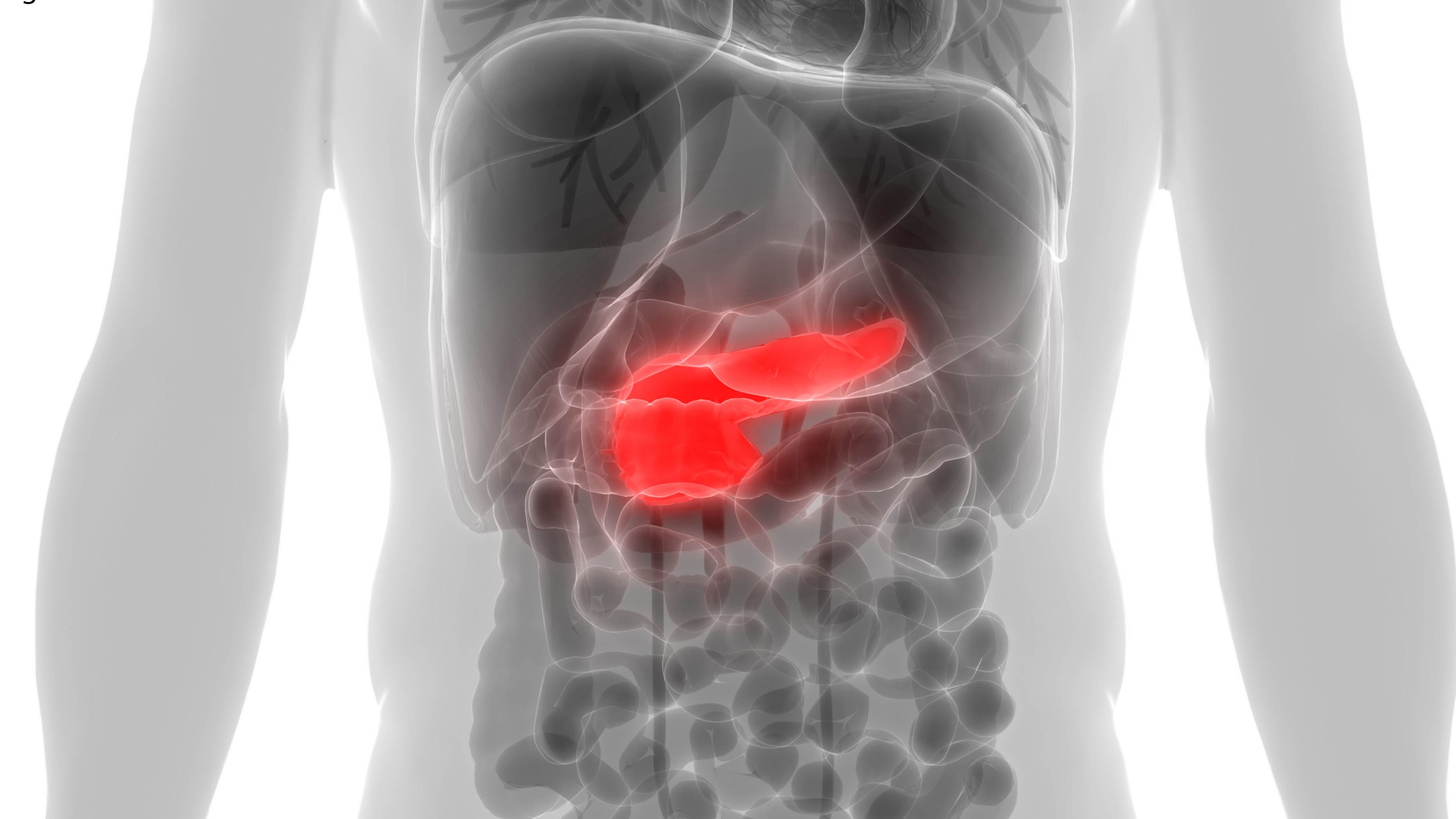ELI-002 7P Elicits T Cell Responses in Mutant KRAS-Driven Tumors
An independent data monitoring committee recommended the continuation of the phase 2 AMPLIFY-7P trial evaluating ELI-002 7P in PDAC in August 2025.
T cell responses with an average increase of 145.3 times over baseline responses and a median fold increase of 44.3 times were consistent with observations made in phase 1 trials of ELI-002.

ELI-002 7P, an investigational amphiphile cancer vaccine targeting KRAS-mutant cancers, elicited robust T-cell–specific responses in mutant KRAS-specific CD4 and CD8 T cells among patients with pancreatic ductal adenocarcinoma (PDAC), according to a news release from the drug’s developer, Elicio Therapeutics.1
Specifically, the investigational agent resulted in mutant KRAS-specific T cell responses in 99% (n = 89/90) of evaluable patients treated at 4.9 mg in the phase 2 AMPLIFY-7P trial (NCT05726864). Furthermore, T cell responses with an average increase of 145.3 times over baseline responses and a median fold increase of 44.3 times (range, 2.13-1310) were consistent with observations made in phase 1 trials of ELI-002.
Additionally, the threshold above which clinical activity was correlated was yet to be determined, with 80% of patients above a 9.5 times threshold. When including CD4 and CD8 T cells, it was 85.0%, and the overall antigen response rate was 85.7%. Moreover, when including responses to 7 mutant KRAS antigens or patient tumor antigens, 67.4% vs 87.6% of patients were above the threshold above which clinical activity was correlated.
“We are extremely encouraged by the T cell immunogenicity data from the ongoing phase 2 ELI-002 7P trial. The robust T cell responses observed are highly consistent with our positive phase 1 results and further enhance our confidence in the ongoing phase 2 trial, as T cell immune responses in ELI-002 2P and ELI-002 7P phase 1 trials were significantly correlated with clinical activity in [patients who are] minimal residual disease [MRD] positive,” Robert Connelly, chief executive officer of Elicio Therapeutics, stated in the news release.1 “These important data set the stage for the final disease-free survival [DFS] analysis in the AMPLIFY-7P trial, which is anticipated to occur in the fourth quarter of 2025.”
The phase 2 AMPLIFY-7P trial randomly assigned patients with KRAS-mutant PDAC (n = 144) 2:1 across 24 US sites to receive either ELI-002 7P monotherapy or observation, the standard of care (SOC).2 Treatment with ELI-002 7P was conducted in the adjuvant setting following local therapy, surgery, and chemotherapy with or without radiation.
Patients treated with the investigational agent in the experimental phase 1a portion of the trial received 10.0 mg of ELI-002 Amph-CpG-7909 admixed with 1.4 mg or 4.9 mg of ELI-002 7P via weekly subcutaneous injection for 4 weeks followed by biweekly dosing over the next 4 weeks during the immunization period.3 After 2 months without dosing, additional subcutaneous injections were given weekly for 4 weeks during the booster period.
During the phase 1b and phase 2 portions of the study, a dose selected during the phase 1a portion of the study (4.9 mg) was used in the same schedule. The phase 1b portion of the trial included patients with colorectal cancer. The phase 2 portion of the trial also included patients who were MRD negative.
The primary end point of the phase 2 portion of the AMPLIFY 7P trial was DFS. Secondary end points included overall survival, biomarker reduction or clearance rate, and safety.
Additionally, data from the phase 1 ELI-002 2P/AMPLIFY-201 trial (NCT04853017) showed mutant KRAS-specific T cell responses of about 9 times over baseline correlating with clinical activity, which included delayed recurrence or death in patients with MRD positivity. Developers currently remain blinded to the phase 2 efficacy outcomes as well as any correlation between observed T cell and antitumor responses.
An independent data monitoring committee previously recommended the continuation of the phase 2 ELI-002 7P trialamong patients with mutant KRAS-drivenPDAC in August 2025 following a prespecified interim review of the trial’s unblinded safety and efficacy outcomes.2
References
- Elicio Therapeutics reports ELI-002 7P achieved robust mKRAS-specific T cell responses in 99% of evaluable patients in ongoing phase 2 AMPLIFY-7P trial. News release. Elicio Therapeutics. September 17, 2025. Accessed September 18, 2025. https://tinyurl.com/3b4f6fd9
- Elicio Therapeutics announces positive recommendation by IDMC to continue ELI-002 7P randomized phase 2 study in pancreatic cancer without modifications to final analysis. News release. Elicio Therapeutics. August 5, 2025. Accessed September 18, 2025. https://tinyurl.com/2epe7mns
- A study of ELI-002 7P in subjects with KRAS/NRAS mutated solid tumors (AMPLIFY-7P). ClinicalTrials.gov. Updated August 19, 2025. Accessed September 18, 2025. https://tinyurl.com/4zace83s
How Supportive Care Methods Can Improve Oncology Outcomes
Experts discussed supportive care and why it should be integrated into standard oncology care.